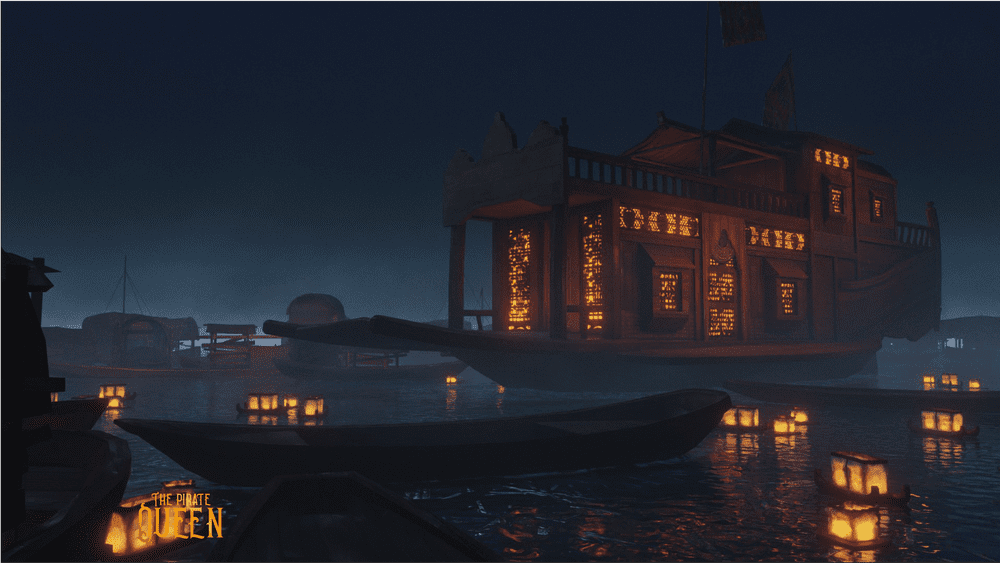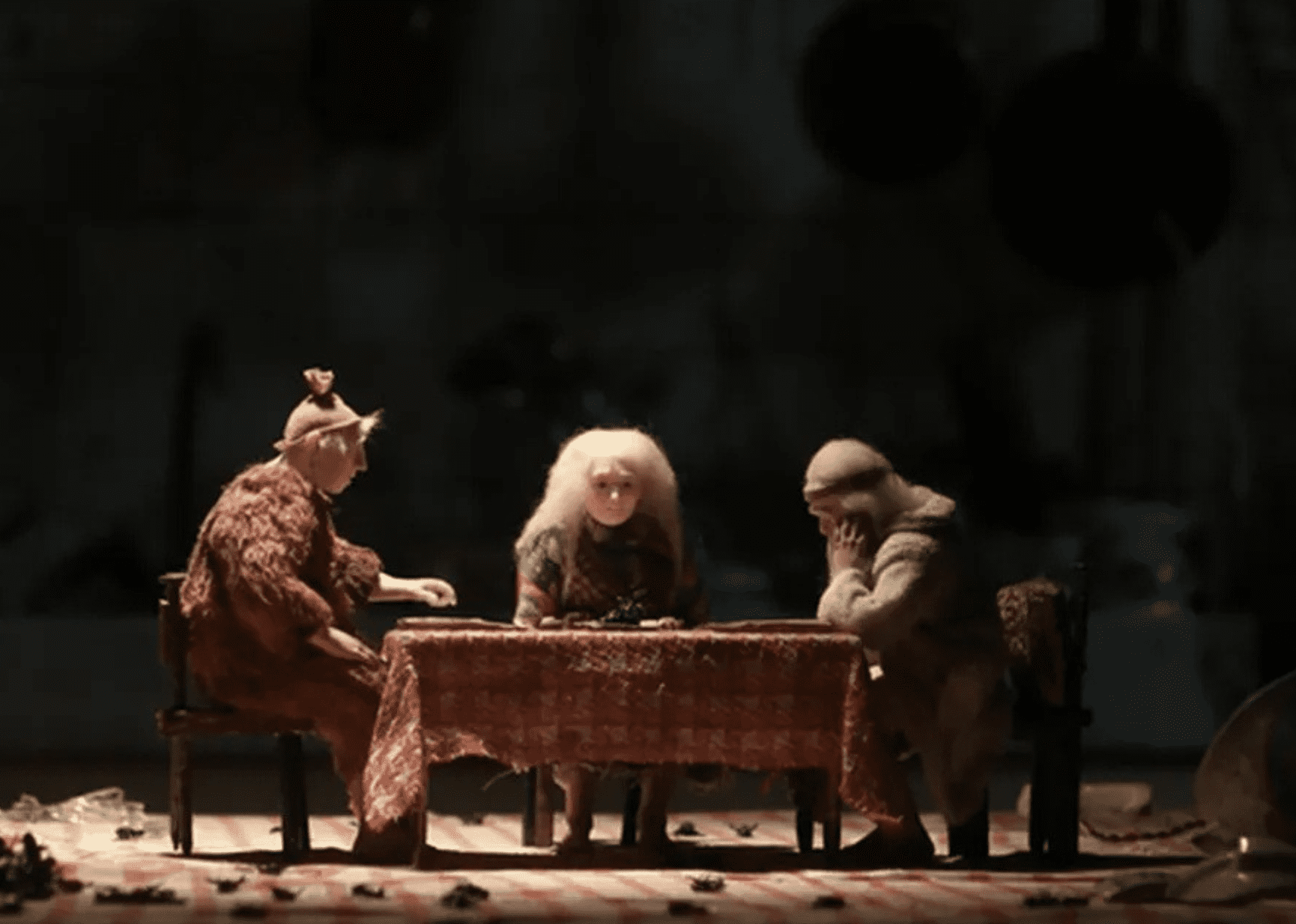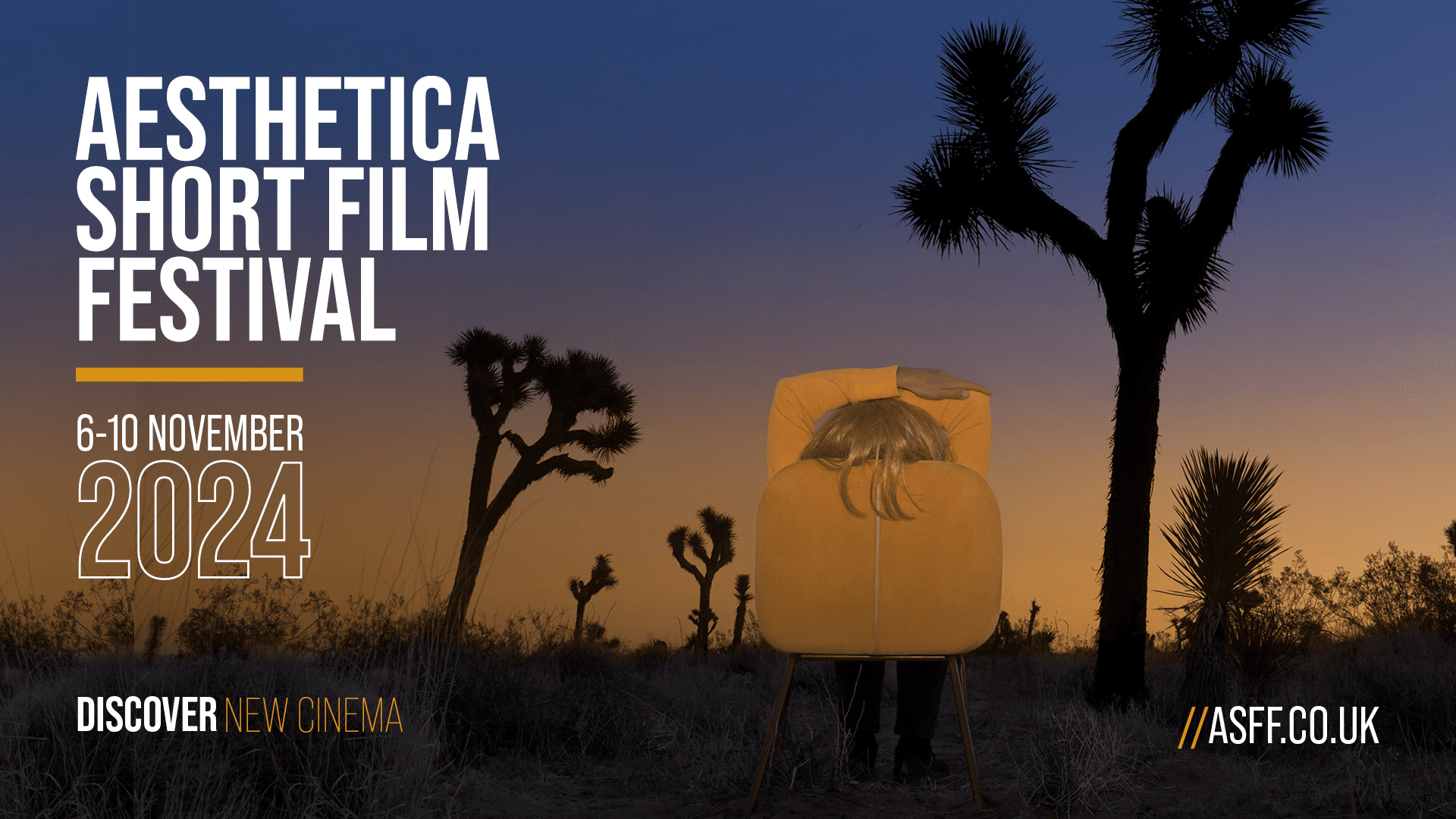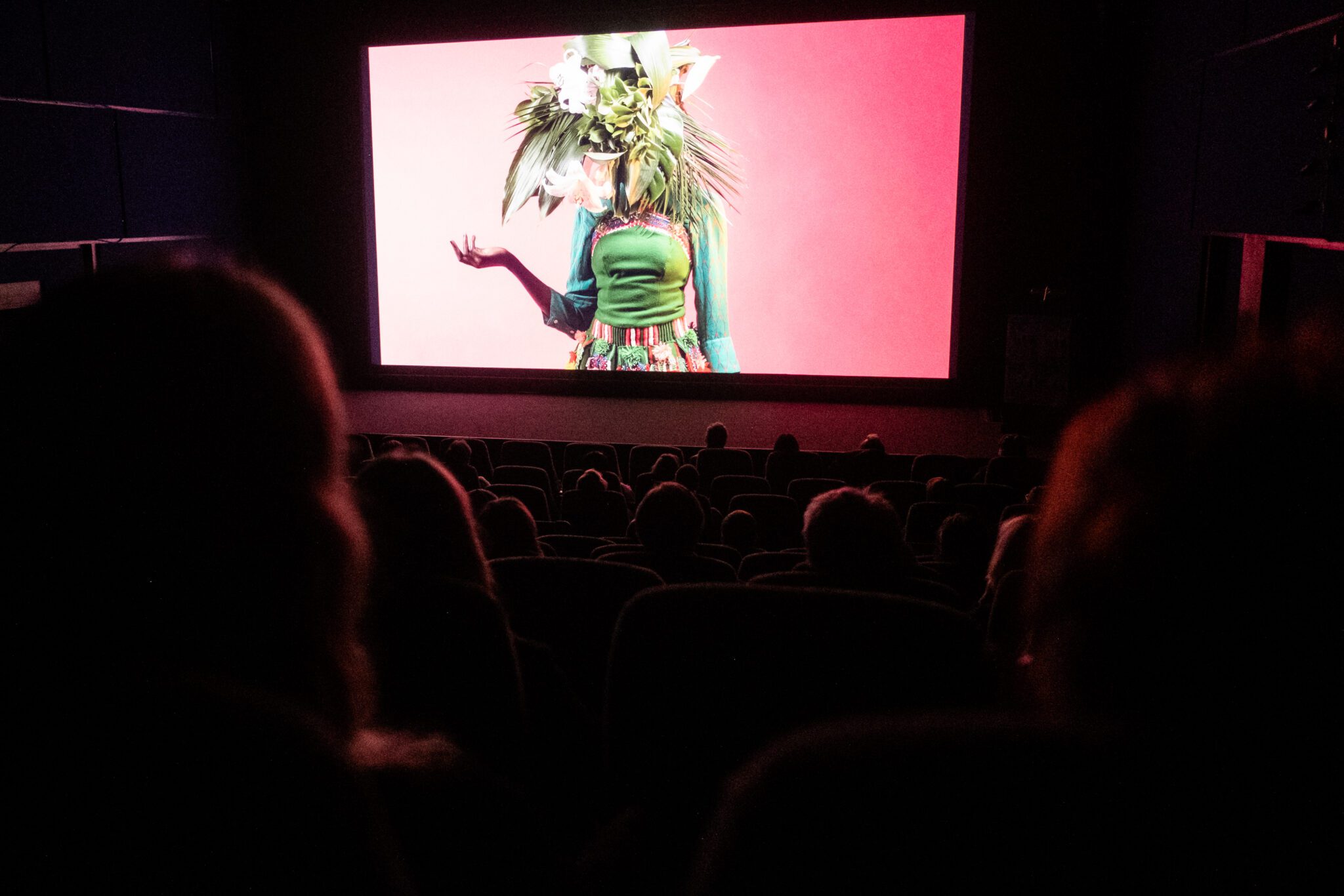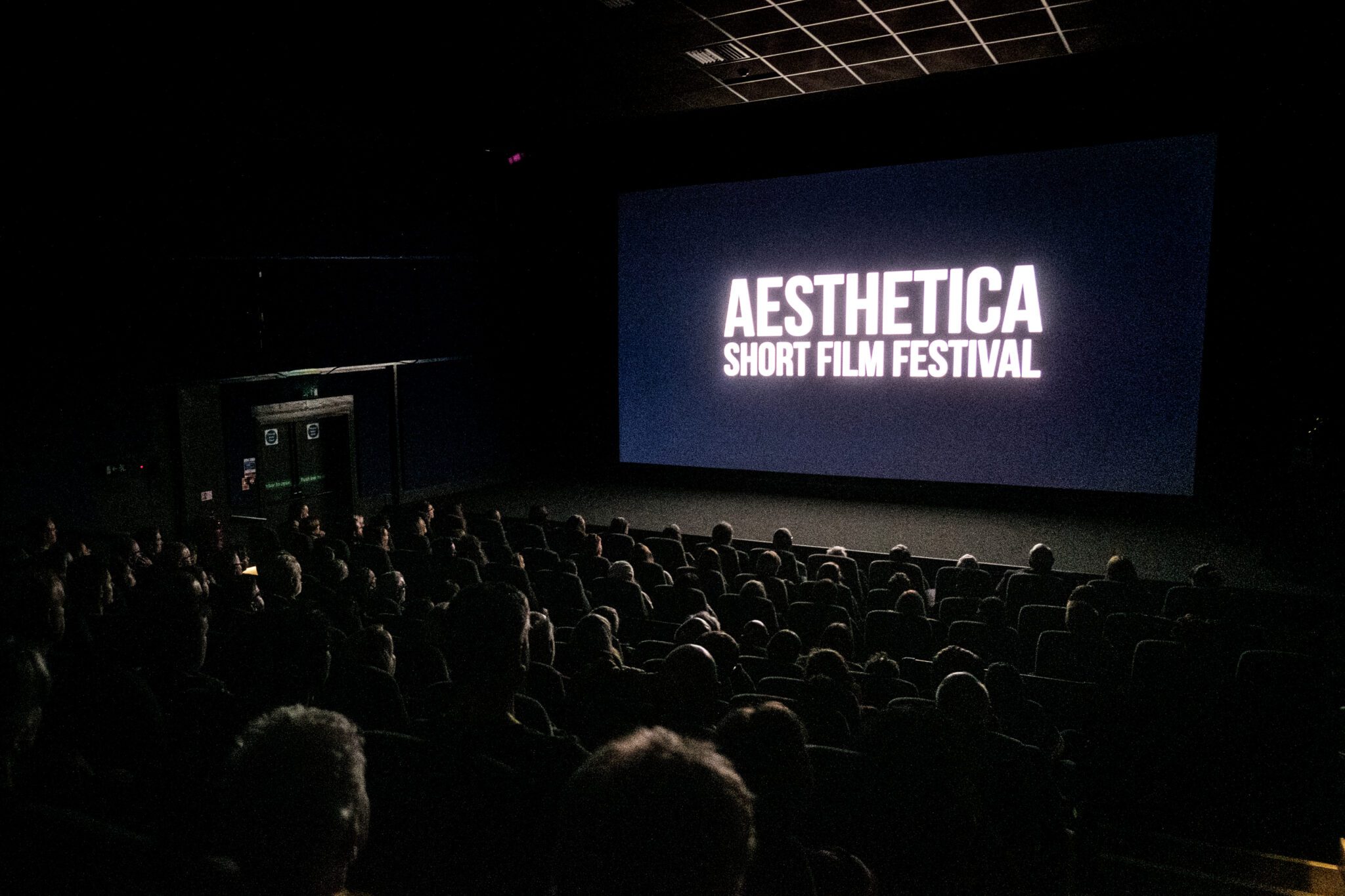Meet the Director of The Pirate Queen
The Pirate Queen beckons you on an epic journey. Produced by Singer Studio, this Emmy-nominated VR game invites players to step into the boots of history’s most successful pirate, Cheng Shih (c.1775-1844). She dominated the Chinese coast in the 19th century and, according to academic Dian Murray, led “approximately 70,000 pirates aboard 1,200 vessels.” The Pirate Queen charts her strategic rise to power following the death of her husband, pirate commander Cheng I, through immersive gameplay that involves rowing, climbing and light puzzles. Over the past 5 years, the team at Singer Studio have worked with scholars and sensitivity checkers to recreate events and environments that are true to the past, one that has long gone overlooked – until now. Today, we are pleased to share with you our interview with award-winning director Eloise Singer, founder and CEO of Singer Studios, who shares with us the journey of reviving Cheng Shih’s story for the 21st century. It’s a real treat ahead of our Gaming for Good masterclass this November. Here, you’ll get the opportunity to listen to Eloise speak more on the potential of interactive media to serve as a force for good, alongside speakers from BAFTA Games, Ravensbourne and York St John University. Read on to learn about the historical details that enrich the in-game world – from the use of 19th century Chinese dialects to Cheng Shih’s progressive code of laws – and what the future holds for the expanding Pirate Queen universe.
ASFF: How did the idea for this project come about?
ES: The Pirate Queen actually came about through word of mouth. I first heard of Cheng Shih when a friend of mine casually mentioned, “Did you know that the most famous pirate in history was a woman?” That really grabbed my attention, and I was amazed that nobody had fully told Cheng Shih’s story before. I started developing the project as a film back in late 2018.
But then the pandemic hit, and everything shifted – it became pretty impossible to make something that required a team to be in the same place for long periods of time. Instead of shelving the project, we decided to adapt it into a game. A short version of The Pirate Queen premiered at the Raindance Film Festival and, shortly after, Meta got involved and provided funding to develop the full game. Once the complete version was ready, it made its debut at Tribeca Film Festival in 2023, and won the Storyscapes Award. What really drove all of us was the fact that Cheng Shih’s story was so unknown. Here was this woman, who started as a courtesan, rising to command one of the most powerful pirate fleets in history. It’s an incredible, almost unbelievable underdog story that felt ahead of its time—it’s a story which needs to be told.
ASFF: Five years of research went into bringing this overlooked story from history to life through VR. What was your approach when it came to researching Cheng Shih? And how did this inform designing the game?
ES: When it came to researching Cheng Shih for The Pirate Queen, we really wanted to get the narrative right before diving into the game’s mechanics. Our lead narrative designer, Maja Bodenstein, spent a lot of time in a writer’s room developing the script in advance, and that approach allowed the story to really take centre stage. From there, the game mechanics naturally followed, ensuring everything was aligned with the world we were building.
We also had a dedicated team of researchers and historians who dug deep into various historical sources to make sure we captured the authenticity of 19th century China. Whether it was the place names, objects, or settings, we wanted players to feel like they were truly stepping into Cheng Shih’s world. That attention to detail let us preserve key narrative elements that might otherwise have been overlooked, making the experience more immersive. When designing the game, we focused more on puzzle-solving and storytelling over traditional combat. We wanted The Pirate Queen to break away from the typical pirate tropes, offering something fresh that appeals to a wide audience. Whilst you get to step into the shoes of a pirate, we wanted players to also experience the real history through a narrative that’s educational and immersive. As a result, you get to interact with historically inspired items, explore locations – like a captain’s cabin and a floating shrine – and discover Cheng Shih’s story as you go. Characters even speak in Chinese dialects, with meticulously researched details woven throughout, from idioms to references, which really deepens the experience. Our goal was to create something that’s not only fun but also enriching.
ASFF: Could you share with us any pieces of information from the research that left a strong impression on you?
ES: One of the most striking things we discovered during our research was that Cheng Shih had established a code of laws within her fleet that promoted gender equality—something incredibly progressive for the time. Despite being born into a patriarchal society with few privileges, she ensured that both men and women in her fleet were treated equally. It was impressive to see how she defied expectations, not just as a woman in power, but as a leader who pushed for fairness. In the game, players actually piece together this code of laws as they go, which really emphasises her pioneering ethos. It’s one of those details that really stuck with us, and it became central to how we wanted to present her story. By highlighting this aspect of her leadership, we hope to spark conversations about representation and shine a light on historical narratives that often go untold. Cheng Shih’s ability to overcome adversity and leave such a lasting legacy is something we wanted to bring to the forefront through this immersive experience – she was an incredible woman!

ASFF: It’s really exciting to hear that The Pirate Queen is going to grow even bigger, with plans for it to take graphic novel, film and podcast form. With that, could you tell us about the decision to begin this story in VR?
ES: We chose to begin The Pirate Queen in VR because it offers a level of immersion that’s hard to achieve in other mediums. In VR, players aren’t just watching a story unfold—they’re living it. With The Pirate Queen, we wanted people to experience Cheng Shih’s world firsthand. The maritime environment, the physicality of rowing boats or climbing rope ladders, and even small actions like lighting a joss stick, all help to create a deeper emotional connection to the story and the character.
VR also gives us a unique opportunity to educate and build empathy. You’re not just learning about history in a passive way, like turning to a page in a textbook. You’re actively engaging with it, being part of the narrative, and living in that moment. That’s something you can’t replicate as effectively in other formats. Starting in VR felt like the perfect way to introduce Cheng Shih’s story because of the impact it can have on the player. But we’re excited to extend this world beyond VR into graphic novels, films, and podcasts, so more people can discover this incredible story in different ways. The goal is to reach as many audiences as possible, while keeping that immersive, educational experience at the heart of everything we create.
ASFF: You’ve directed screen-based films in the past so could you share with us your experience helming games like The Pirate Queen and Mrs Benz? What are some of the similarities and differences between directing films vs games?
ES: Directing games like The Pirate Queen and Mrs. Benz has been a fascinating shift from directing traditional screen-based films. While there are some clear similarities—like focusing on character development, narrative arcs, and performance—the process for games requires a much more interactive approach. In a film, you guide the audience through a set story, but in a game, the player becomes part of that story, which adds layers of complexity to how you shape the experience. One of the biggest differences is in the flexibility of performance. In games, especially when working with voice actors, there’s often room to try different approaches and explore multiple interpretations of a character, as was the case with Cheng Shih and Cheung Po Tsai in The Pirate Queen. The freedom to experiment with voice acting across multiple takes allows for a deeper exploration of character, which isn’t always possible in film, where time and budget can limit those opportunities.
Collaboration plays a huge role in both mediums, but in games, it extends even further. As a director, you’re working not just with actors, but with narrative designers, programmers, and every consideration is about the players themselves, who ultimately shape how the story unfolds through their interactions. This opens up so many creative possibilities but also requires a much more fluid, adaptive mindset. At the end of the day, both film and games aim to tell a compelling story, but the way you bring that story to life—and the role the audience plays in it—varies greatly. In games, the player’s choices become part of the narrative, which is what makes this medium so exciting and different from film.
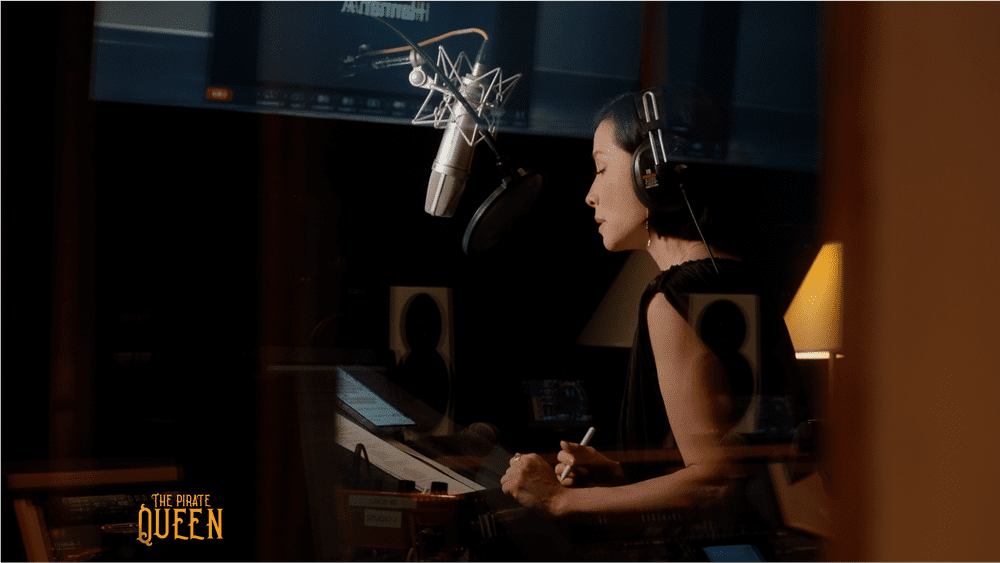
ASFF: How did you land on the incredible Lucy Liu as the actress to bring Cheng Shih to life?
ES: We knew from the start that we wanted someone who could bring both strength and depth to the role of Cheng Shih, and Lucy Liu was the perfect fit. Like me, Lucy hadn’t heard of Cheng Shih’s story, but absolutely loved the concept and was incredibly passionate about telling her story. Lucy connected with the character’s complexity and historical significance, and wanted to help bring it to life. Cheng Shih has appeared in pop culture before, with loose references in films like Pirates of the Caribbean and Assassin’s Creed, but her full story had never been told in such an immersive way. Lucy was excited by the opportunity to portray a powerful, nuanced historical figure who had been overlooked for so long, and her enthusiasm for the project was infectious. It’s been a total joy working together.
ASFF: This is only the beginning of a whole Pirate Queen franchise! Where are you planning to take this story-wise? Will you continue exploring Cheng Shih’s life or are there plans to explore other historical figures? Or both?
ES: We’re so excited to be expanding The Pirate Queen franchise beyond the game, with plans for graphic novels, podcast, animated TV series and live action film in the works. The Pirate Queen Universe begins with Cheng Shih’s incredible story, and will grow to tell the tales of 17 other female pirate leaders from history. A key part of this expansion is the upcoming graphic novel series, to be published by Andrews McMeel and Simon & Schuster. The series will launch with Cheng Shih’s tale, with each subsequent novel telling the stories of other female pirates, we’re really excited to be bringing these overlooked historical figures to the forefront. It’s the perfect opportunity to build out a broader narrative universe centred on strong female characters from different eras.
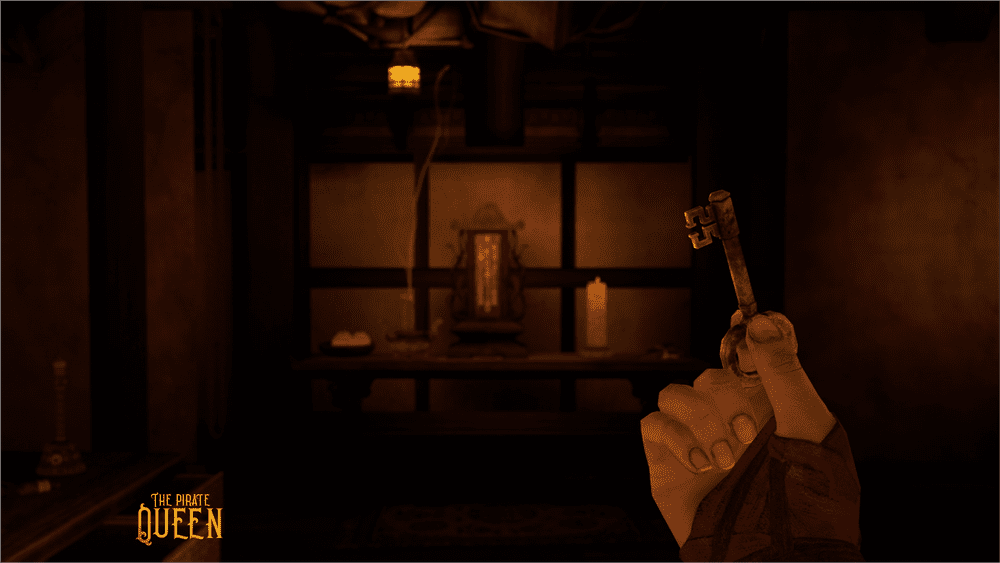
ASFF: We can’t wait to host you here in York for our Gaming for Good: The Future of Interactive Entertainment masterclass! Tying into that, what impact do you want The Pirate Queen to have on players? And, on a wider level, how do think games affect the real world?
ES: We’re thrilled to be part of the Gaming for Good masterclass and can’t wait to share our vision for The Pirate Queen. The impact we hope to have on players goes beyond entertainment. By immersing them in Cheng Shih’s world, we want to ignite conversations about representation, highlight untold historical narratives, and introduce a remarkable woman who defied the odds to become one of the most powerful pirate leaders in history. Through VR, players don’t just observe her story—they live it, experiencing her journey for power and equality firsthand. On a broader level, games like The Pirate Queen can have a real-world impact by blending education, exploration, and advocacy for causes like gender equality and diversity. We believe that games have the power to foster empathy and understanding, allowing players to connect emotionally with characters and historical figures in ways that traditional media can’t always achieve. By encouraging players to step into the shoes of someone like Cheng Shih, we’re helping them gain a deeper appreciation of different perspectives, ultimately reshaping how we understand the past—and how it informs the future.
ASFF: Could you share some of the projects Singer Studios is currently working on? What else can we look forward to?
We’re really excited to be releasing The Pirate Queen on HTC Vive headsets as well as developing The Pirate Queen into a graphic novel series with Andrew McMeels and Simon & Schuster. Lucy and I are co-writing the graphic novel, and are both delighted to be bringing the story to life in a new format. We’re also launching a Pirate Queen podcast series that gives listeners behind-the-scenes insights into the making of the VR experience, including a bespoke conversation with Lucy, where she discusses her process and insights into voicing Cheng Shih. Beyond that, the incredible team at Singer Studios are working on an upcoming TV series, two more podcast series, the development of a feature film, and a new game that we’ll be announcing soon. It’s a busy and exciting time for us. I’m hugely proud of what the team has achieved, and it’s so rewarding to see all their hard work paying off.
Learn more: The Pirate Queen | Singer Studios | Eloise Singer
Listen to Eloise this November in our masterclass, Gaming For Good: The Future of Interaction Media at 13:30 on Wednesday 6 November at York Explore.
Discover more incredible VR and Games at Aesthetica Short Film Festival 2024, which runs from Wednesday 6 November until Sunday 10 November. Book your tickets here!
Words: Eloise Singer and Diana Bestwish Tetteh
Stills:
- The Pirate Queen (2024), dev. Singer Studios




